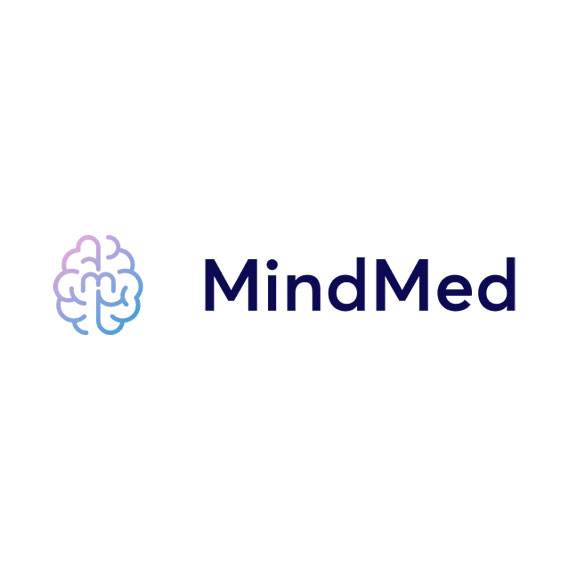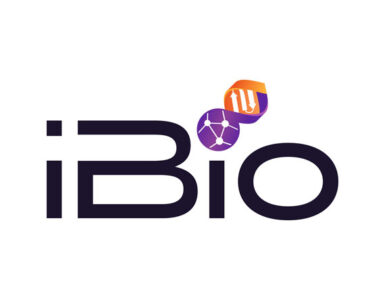
Prof. Matthias Liechti and Dr. Felix Mueller, Mind Medicine’s (NASDAQ:MNMD) collaborators at University Hospital Basel and the University Hospital of Psychiatry, released positive topline data from a double-blind, investigator-initiated trial evaluating lysergide (LSD) in the treatment of major depressive disorder (MDD).
The Phase 2 topline data demonstrated significant, rapid, durable and beneficial effects of lysergide and its potential to mitigate symptoms of MDD.
The high dose lysergide regimen, in which patients received 100 micrograms at their first dosing day and 200 micrograms at their second dosing day, separated by four weeks, resulted in statistically and clinically significant improvements on the primary endpoint, which was the change in clinician-rated Inventory of Depressive Symptomatology (IDS-C) scores six weeks after the first administration, compared with control, whether or not the patient received a second administration.
The control group in the study received a lower dose regimen of 25 micrograms on both treatment days.
Twenty-eight patients in the high dose arm demonstrated a least square mean change from baseline in IDS-C scores of -12.9 points, compared with -3.6 points in the lower dose arm, which had 27 patients.
The statistically significant benefit as measured by IDS-C was maintained up to 16 weeks after the first administration, compared with placebo. Data from the secondary endpoints were also encouraging. The investigational drug was generally well-tolerated, as indicated by reported adverse events, changes in vital signs and laboratory values.
In a statement, Robert Barrow, CEO of MindMed, said the “positive findings are particularly relevant to our MM-120 program in generalized anxiety disorder (GAD), given the high degree of comorbidity of GAD and MDD.”





